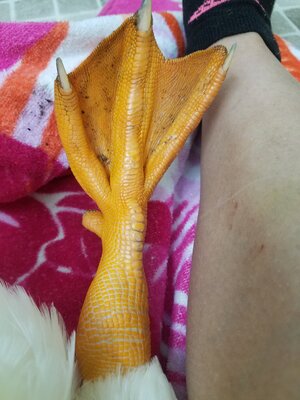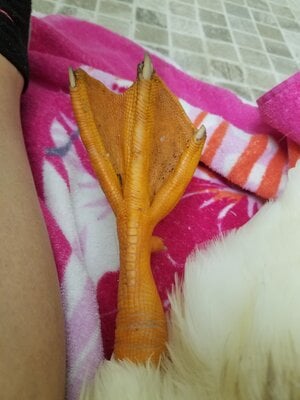Jkaulen0208
In the Brooder
- Oct 28, 2020
- 16
- 26
- 46
I have a 10lb Pekin duck. One of his legs is severely swollen. It's hot to the touch and he's been limping. I brought him to a vet that tried anti inflammatory meds for 2 weeks with no change. I brought him back and they took xrays. Nothing is broken. The vet is thinking septic arthritis. They put him on antibiotics for 10 days. Today it has been 5 days and there's still no change. Obviously he's under the care of a vet, but i'm wondering if anyone has been through this and what the outcome was. I don't want to lose hope but I don't know what other options I have left.






